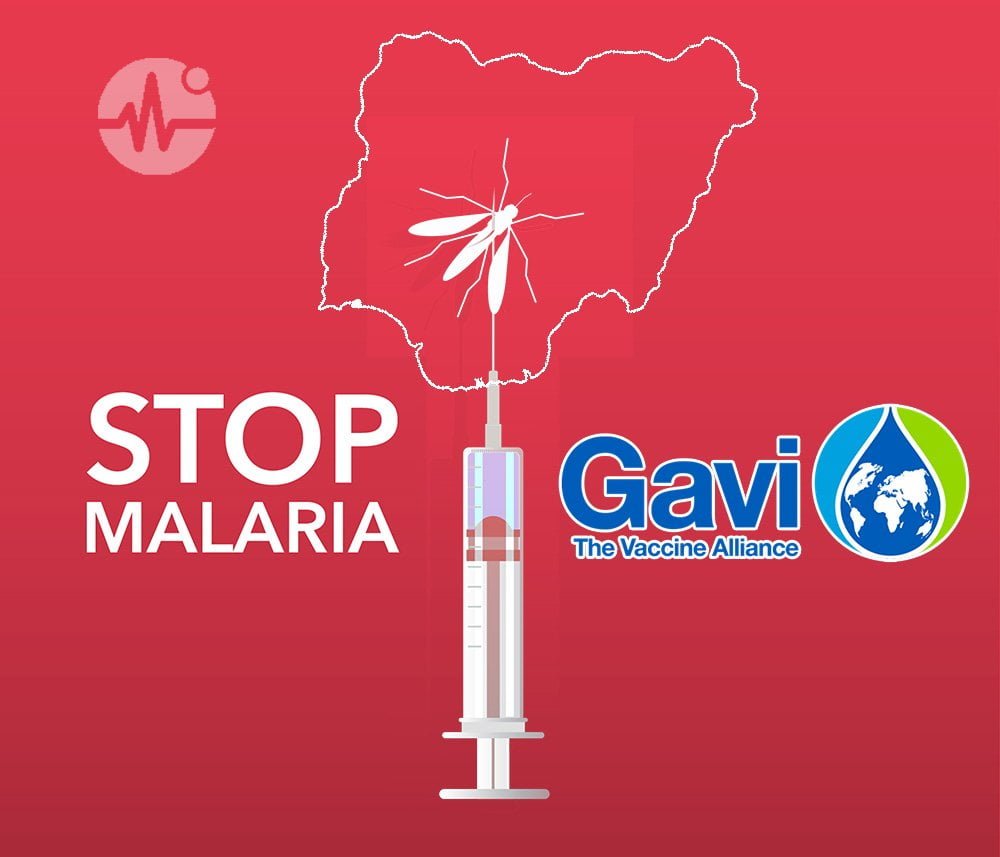The Global Alliance for Vaccine Immunization (GAVI) will be focusing on Nigeria for its future malaria vaccine distribution. This announcement came during GAVI’s visit to the Primary Healthcare Center in New Karu, Karu Local Government Area of Nasarawa state.
This landmark decision follows an earlier announcement by GAVI, which initially excluded Nigeria – which bears the highest malaria burden in Africa – from its allocation of 18 million doses of the RTS,S/AS01 malaria vaccine for the period spanning 2023 to 2025. The original roster of recipient nations featured Ghana, Kenya, Malawi, Burkina Faso, Burundi, Cameroon, the Democratic Republic of the Congo, Liberia, Niger, Sierra Leone, and Uganda.
The Coordinating Minister of Health and Social Welfare, Prof. Muhammad Pate, acknowledged the considerable investments directed towards Nigeria’s healthcare sector, which included substantial contributions from the Federal Government, state governments, and collaborative partners such as GAVI. He lauded the favorable outcomes achieved through these investments, particularly in the realm of childhood vaccinations, underscoring their cost-effectiveness and safety in combating diseases like polio and pneumonia.
Despite these commendable achievements, Prof. Pate emphasized the pressing need to intensify efforts to reach children who have not received any vaccines, particularly those categorized as “zero-dose children.” He reiterated the Federal Government’s unwavering commitment to collaborating closely with state governments and community leaders, thereby ensuring that every Nigerian child has equitable access to vaccinations and essential healthcare services.
He remarked”The Federal Government is committed to work with state governments, community leaders to ensure that every Nigerian child ultimately gets the benefit of vaccines, as well as treatment of other diseases.”
Addressing the critical issue of malaria, Prof. Pate disclosed disconcerting statistics gathered during his recent visit to Kano. He revealed that approximately half of the children admitted to the hospital were grappling with malaria—a troubling revelation that underscores the urgency of addressing this pervasive health challenge.
He added, “Malaria is a very important disease that we have to tackle like we tackle polio and other things. We intend to do that, and we are grateful for the support that GAVI and others will provide for us to deal with malaria in our country.”
David Marlow, the Chief Executive Officer of GAVI, addressed Nigeria’s critical situation with a focus on zero-dose children. He also discussed the potential to save 5.6 million lives by 2030 through vaccinations, including the possibility of introducing the malaria vaccine in the country.


